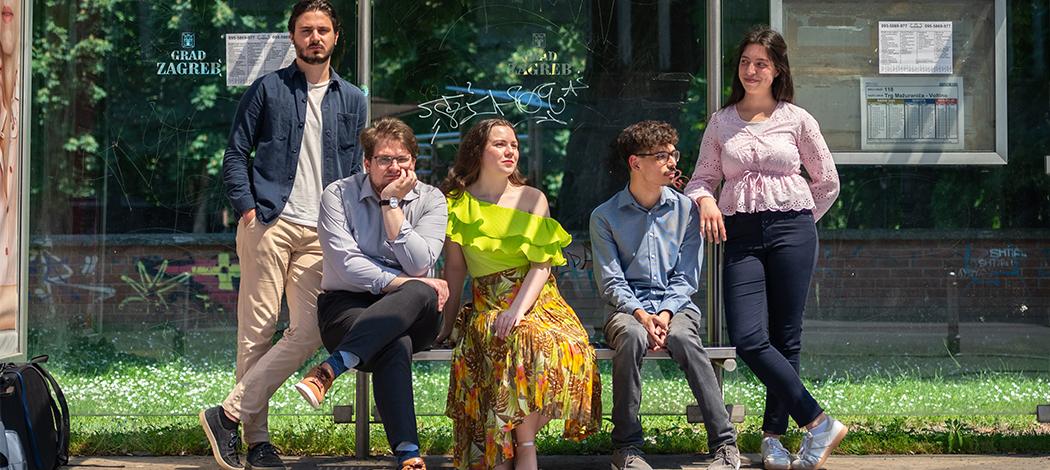05.10. | 19:00 | St. Jacob's Church | Opatija

Antonija Žarković, soprano
Antonia Pavić, baroque cello
Josip Krokar, baroque guitar
Benjamin Pölhe, čembalo
Tomaso Cecchini (1580. – 1644.): All'aura d'un dolcissimo sospiro
Vinko Komnen (1590. – 1667.): Vaghe ninfe
Tomaso Cecchini: Filli, neghi tua fede
Luigi Rossi (c. 1597. – 1653.): Lamento della Regina di Svezia
Marcantonio Romano (1552. – 1636.): Mori mi dite
tradicijski napjev iz Baranje: Počivaj o moj Neven
[traditional song from Baranja, Croatia: Rest in Peace, My Marigold]
Giovanni Rovetta (1595./1597. – 1668.): O Maria (Ghirlanda sacra, 1625.)
Ivan Marko Lukačić (1575. – 1648.): Cantabo Domino (Sacrae cantiones, 1620.)
Nicola Matteis (c. 1650. – c. 1713.): Scaramuccia (Ayres for the Violin, c. 1676.)
i tradicijski napjevi iz Međimurja: Raca plava po Dravi, Grad se beli
Gli Schiavoni brings together young Croatian musicians – enthusiasts of historically informed performance of early music. After refining their skills in early music interpretation both in Croatia and abroad, they came together to delve deeper into their own country’s exceptionally rich musical heritage, which in the 17th century was deeply intertwined with European musical influences. The ensemble’s name was inspired by the famous Riva degli Schiavoni in Venice, named after the Slavic merchants who, during the Republic of Venice, arrived there with their ships, bringing goods across the Adriatic Sea, which is the coast of present-day Croatia. The area where these merchants once lived was known in the old Venetian dialect as „Schiavonia“—hence the ensemble’s name.
Alongside gems of the Baroque repertoire written for voice and basso continuo, the ensemble is dedicated to reviving Croatian and European musical traditions of the 17th century, with a special focus on works that have either never been performed or are only rarely heard today. Their mission—to present a still underexplored repertoire with freshness and conviction, and to shed light on the interplay between Croatian and European musical heritage—has been recognized by the European organization EEEMERGING, which supports young early music performers. With the support of the EEEMERGING community, the ensemble will appear at several European music festivals in 2026 and 2027.
free entry